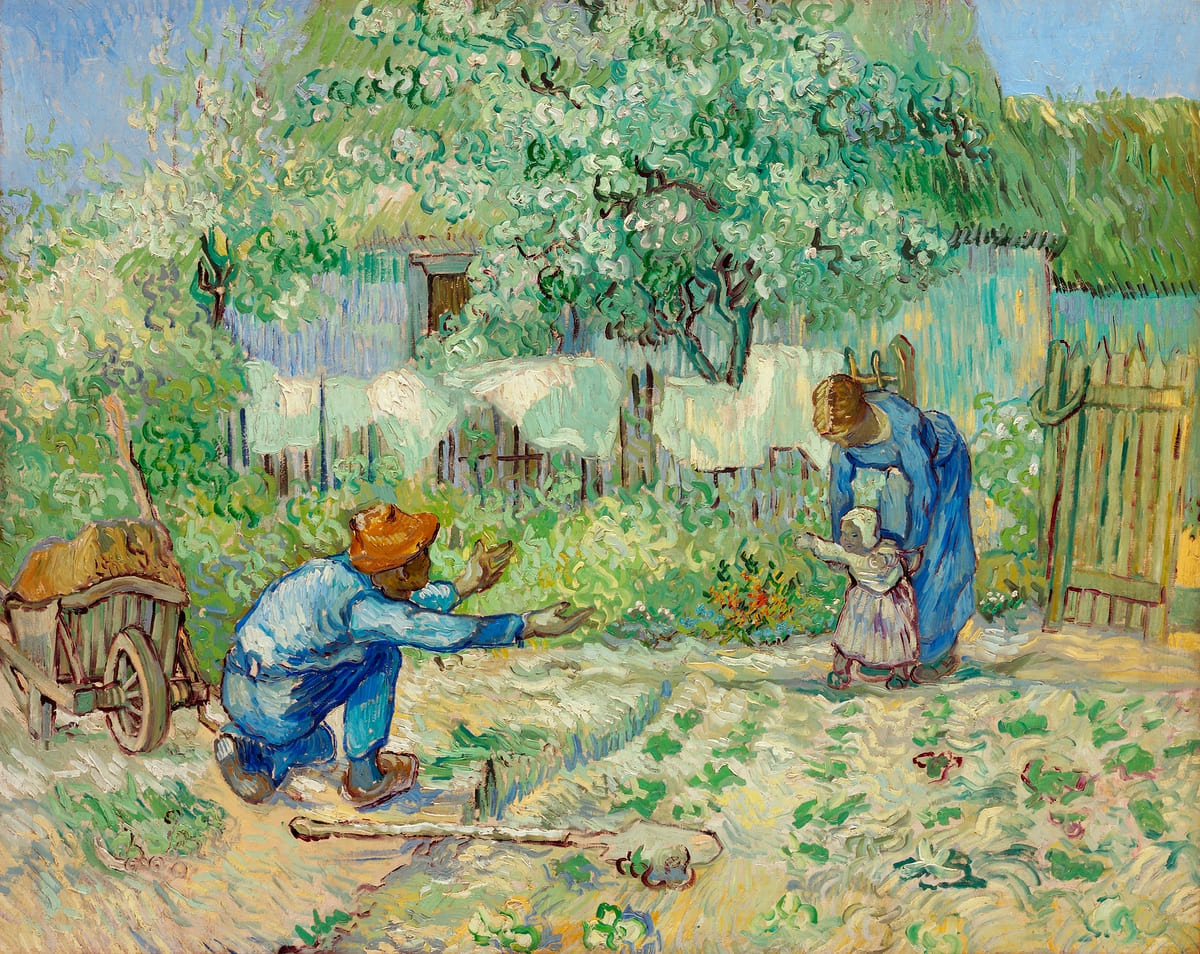As parents and teachers, we often wonder how to equip children with the skills they need to thrive emotionally and socially. While academic knowledge is vital, emotional and social intelligence plays an equally critical role in shaping well-rounded individuals. The good news? Building these skills can be fun and engaging! Here are 10 simple, research-backed activities to help boost emotional and social intelligence in kids.
1. Emotion Charades
Why it works: Helps kids recognize and express emotions.
How to play: Write down different emotions (e.g., happy, angry, scared, excited) on small slips of paper. Have one child act out an emotion while others guess. Afterward, discuss situations where these emotions might arise.
2. “How Would You Feel?” Scenarios
Why it works: Develops empathy and perspective-taking.
How to play: Present age-appropriate scenarios, such as “Your friend lost their toy” or “Someone made fun of another classmate.” Ask the child how they think the people involved feel and how they could help.
3. Gratitude Journals
Why it works: Fosters positive emotional awareness.
How to use: Encourage kids to write or draw three things they’re grateful for daily. Gratitude journaling helps them focus on the good in their lives and enhances emotional well-being.
4. Compliment Circles
Why it works: Builds self-esteem and social connections.
How to do it: Gather kids in a circle. Each child takes a turn giving a genuine compliment to the person next to them. This activity promotes kindness and positive social interactions.
5. Emotion Color Wheel
Why it works: Enhances emotional vocabulary and recognition.
How to use: Create a color wheel where each segment represents an emotion. Have kids point to a color that reflects how they feel and explain why. This encourages open conversations about emotions.
6. Cooperative Art Projects
Why it works: Teaches teamwork and communication.
How to do it: Provide a large canvas or paper and art supplies. Have kids work together to create a shared piece of art. Encourage discussion on planning and decision-making as they collaborate.
7. Mindfulness Minute
Why it works: Improves emotional regulation and focus.
How to do it: Set a timer for one minute. Guide kids to close their eyes, take deep breaths, and pay attention to their feelings and surroundings. Gradually increase the duration as they become comfortable.
8. Role-Playing Problem Solving
Why it works: Prepares kids for real-life social situations.
How to do it: Present a conflict scenario, such as “Two kids want the same toy.” Have them role-play different ways to resolve the problem, discussing which solutions are most effective.
9. Kindness Challenge
Why it works: Reinforces pro-social behavior and empathy.
How to do it: Challenge kids to perform one act of kindness daily, such as helping a classmate or writing a thank-you note. At the end of the week, reflect on how these acts made them and others feel.
10. Reading Emotional Stories
Why it works: Enhances empathy and understanding of complex emotions.
How to do it: Choose books that explore emotions and relationships, such as The Way I Feel by Janan Cain. Pause to discuss the characters’ feelings and choices as you read together.
Integrating Activities Into Daily Life
- At Home: Dedicate 15–30 minutes a day to one or more activities. Rotate them to keep things fresh and engaging.
- In the Classroom: Use activities during transitions or as part of Social-Emotional Learning (SEL) lessons.
The Long-Term Impact
Helping children develop emotional and social intelligence isn’t just about improving their relationships today; it’s about setting them up for lifelong success. These activities can be woven seamlessly into daily routines, creating opportunities for kids to grow emotionally and socially while having fun.
Stay tuned for more valuable insights and practical strategies to support emotional and social growth in children. Don’t forget to share this blog with fellow parents and educators—it takes a village to raise emotionally intelligent kids!

